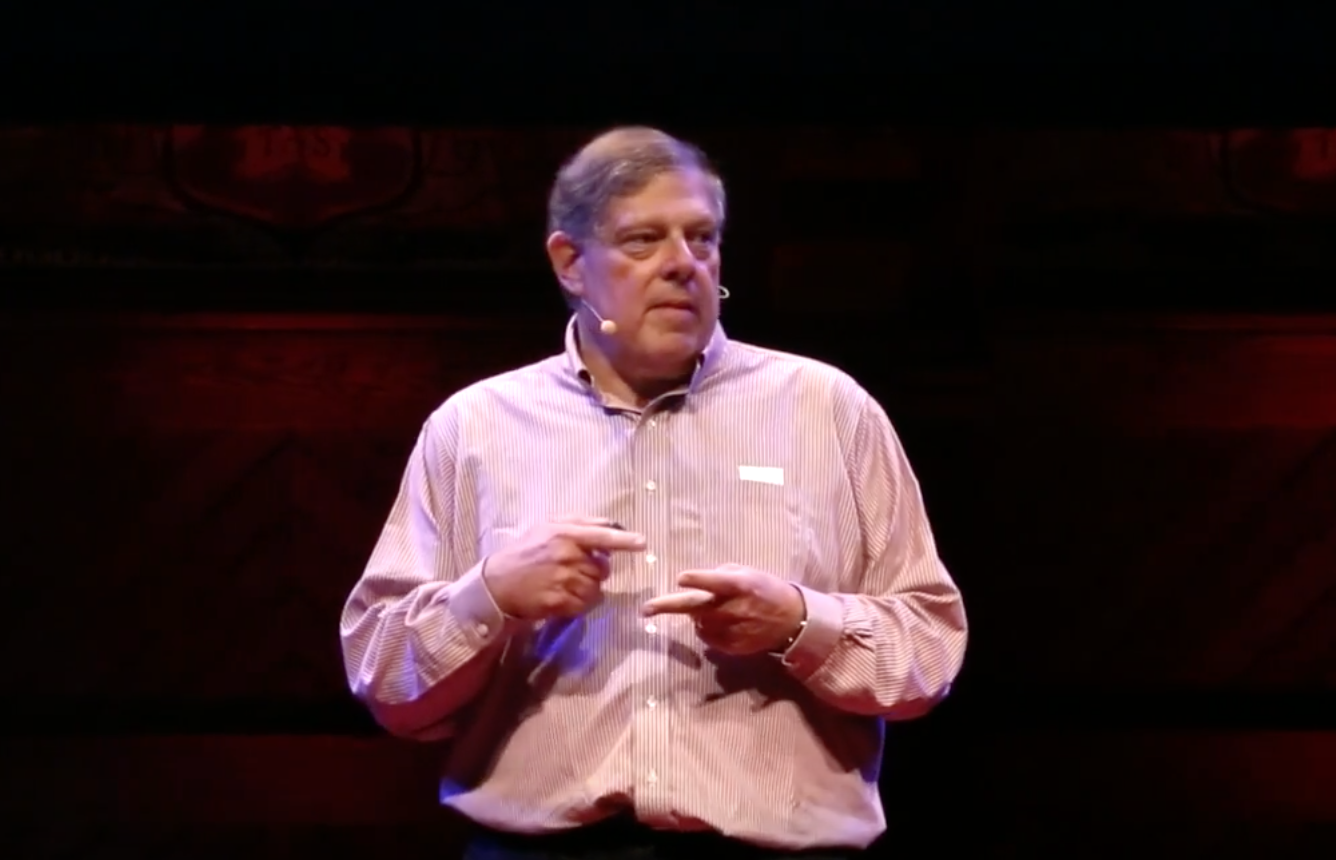What Companies Can Learn from Political Campaigns

By MARK PENN
Published December 21, 2011
With the Republican primaries now just weeks away, the range of observers who are watching polls and assessing campaign strategies is expanding beyond political wonks and news junkies.
While politics has always been an avid spectator sport, lately it’s become a field that offers valuable lessons for business. Political campaigns have traditionally been among the most sophisticated users of polling and statistics, and that remains true. Over the last decade, however, as baseball embraced the concepts featured in “Moneyball” and the general public became fascinated by the world of “Freakonomics,” many other fields have become adept at using data to make better decisions–corporations among them.
Here are five lessons from political campaigns that every business can learn from.
Find the New Voter/Consumer. In the 1950s, the mobile middle class changed our society by creating the suburbs and the suburban lifestyle, driving both the economy and politics. Today, I believe our economic and political landscapes are being driven by the growing numbers of a new professional class of college-educated, new-economy workers. From computer software engineers to veterinarians, the new professional class made the decisive difference in the 2008 general election for Obama, and they have fueled the dramatic growth of upscale brands like Apple.
In the last Democratic re-election in 1996, we coined and targeted the Soccer Mom – married, suburban, mostly working women who cared passionately about protecting and raising their kids. It was the Soccer Mom who replaced the traditional Democratic target of downscale, non-college, manufacturing sector men; the country wasn’t producing any more of these voters because at that time we had an economy that created 24 million new jobs, but not one in manufacturing.
In the last two elections, one in four voters had household incomes over $100,000, up from just 9% in 1996. The growth of the two-income, college educated household with a broader view of the world is a fundamental change represented by Obama himself, who came from the professional class. In 2008, Obama even won the 6% of the voters making over $200,000, giving him his margin of victory. The new professional class is growing in influence. If Obama expects to win a second term in the White House, he has to reharness—not push away—the political goodwill he captured from this group in 2008.

